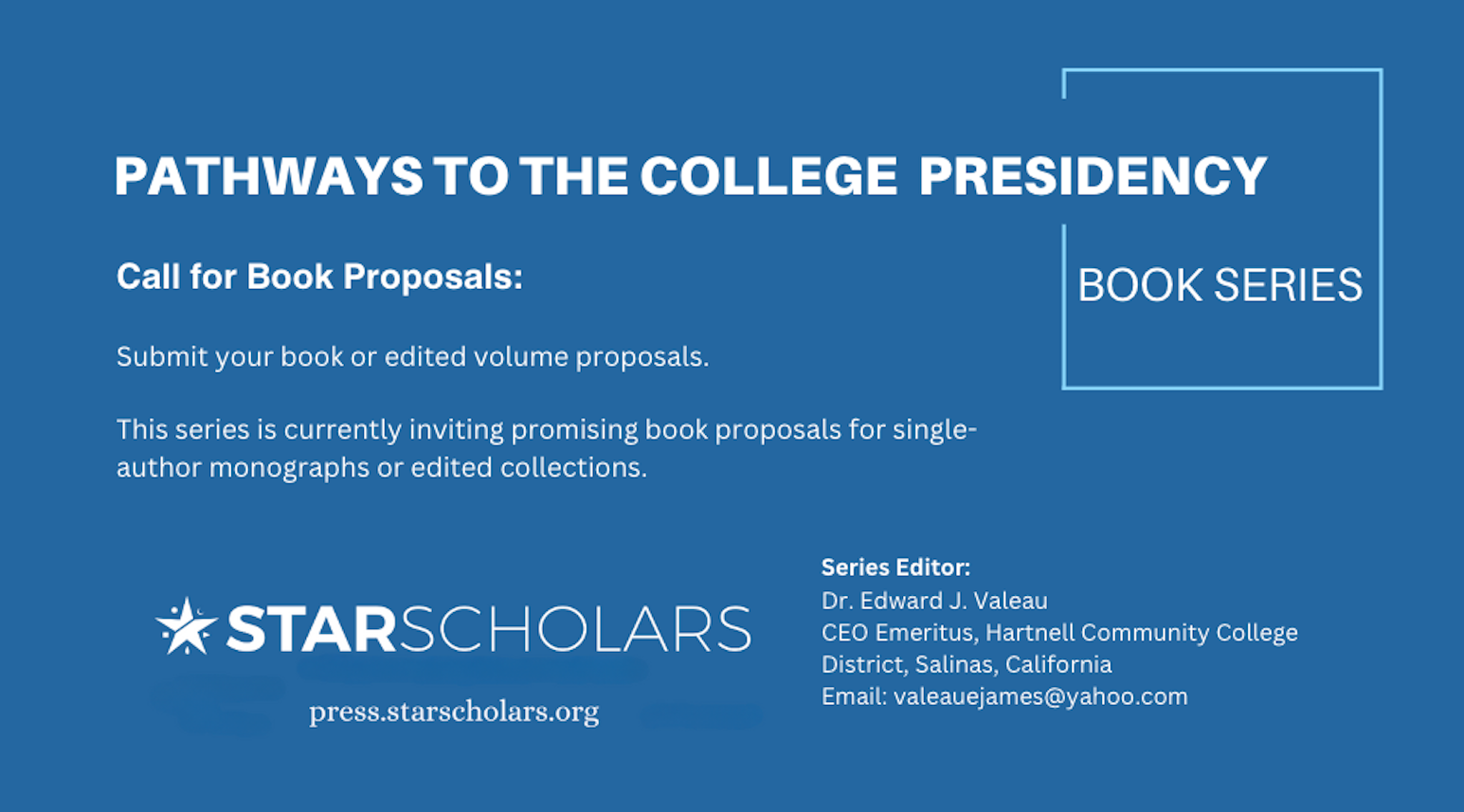Exploring the predictive relationship between students’ math anxiety and their mathematical performance
DOI:
https://doi.org/10.32674/c9zg4c28Keywords:
Math Anxiety, Educational Psychology, Mathematical Performance, Simple Linear Regression, Ordinal Logistic RegressionAbstract
Math anxiety is widely recognized as a significant factor influencing students' mathematical performance. This study investigates whether students' final course grades can be predicted based on their math anxiety levels measured at the beginning of the semester. Using both ordinal logistic regression and simple linear regression models, we quantified the predictive relationship between math anxiety and academic performance. To ensure the reliability of our findings, we evaluated model performance through cross-validation techniques. Results revealed a strong inverse relationship between math anxiety and final grades, indicating that higher levels of math anxiety are generally associated with lower academic performance. However, our analysis also demonstrates that math anxiety alone is not sufficient to achieve robust grade predictions using these regression models. These findings emphasize the need to consider additional factors influencing student outcomes alongside math anxiety.

 Call for Special Issue Proposals
Call for Special Issue Proposals 


